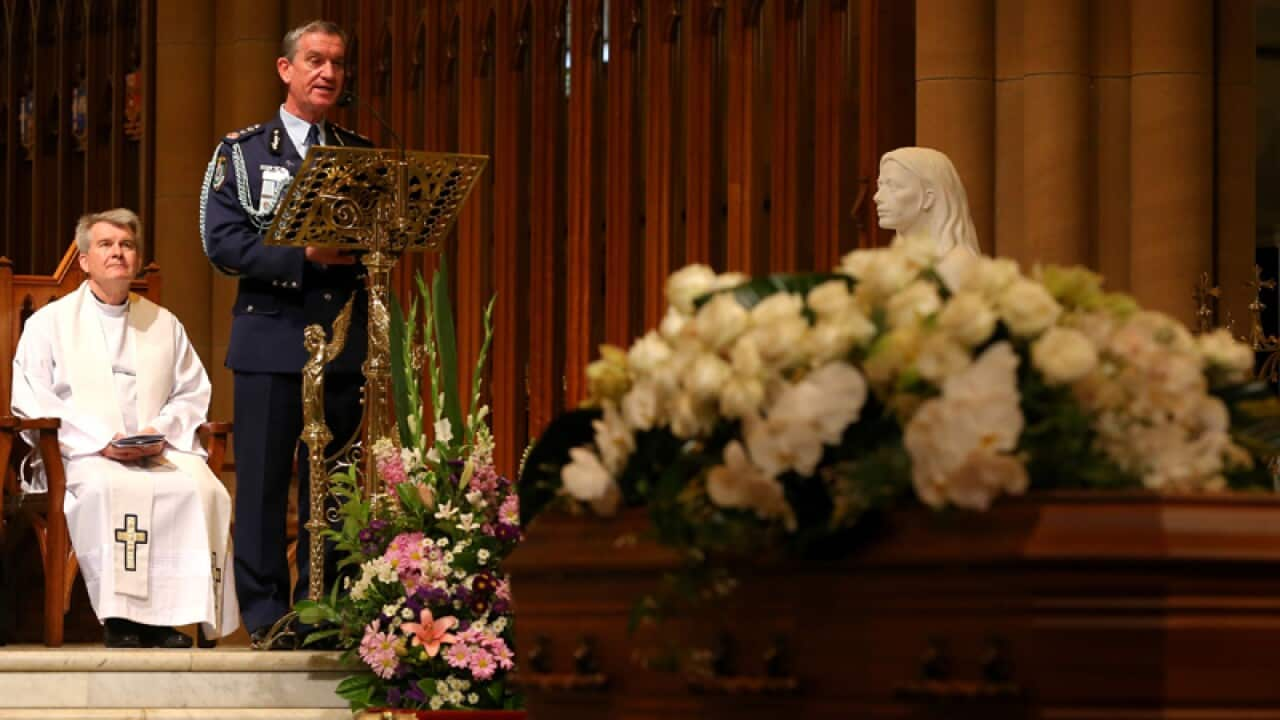The Fuldagli family, of Melbourne, believes an open Islamic household is the best defence against what is being termed extremism.
Ekrem Fuldagli and his wife Salen discuss everything with their three children, including eldest son Hamza, in Year 9.
"I think it's a very important thing for us as Australian Muslims to always be discussing current issues with our son,” Mrs Fuldagli said.
“We have a pretty open relationship, where he can voice his concerns to us."
Mr Fuldagli said he stayed active and vigilant over his children's lives to try to help them avoid any potential threat.
"I know what's going on out there. So I know where the sources of the problems are, and I wouldn't encourage my son to mix amongst those circles," he said.
Related reading

Better outreach to young Muslims needed
Two weeks after 15-year-old Farhad Khalil Mohammad Jabar gunned down police employee Curtis Cheng in Sydney's suburban Parramatta, public concern is sharply rising.
Some of Farhad Jabar's classmates at Arthur Phillip High School have been arrested in the fallout.
Hamza Fuldagli is the same age as the young shooter, but said they were nothing alike and he knew they never will be - thanks to the relationship he has with his parents.
"It's not so much of a concern as for others because I know what's the difference between good and wrong,” he said.
“I've been educated. I know my faith. So it's not as big of a concern for me."
The United Muslim Women's Association's Maha Abdo says her experience with the welfare of women and families shows some were not as confident as the Fuldaglis, though.
She says many parents are very worried.
"There's fear in the hearts of a lot of mothers,” Ms Abdo said.
“They're thinking of pulling their children out of the end-of-year activities. The majority of mothers are sincerely concerned about their children so that they're not being misunderstood or perceived as, you know, doing the wrong [thing]."
Related reading

Posthumous police honour for Curtis Cheng
Silma Ihram, who worked as principal of two Islamic schools in western Sydney, says she does not believe the problem in schools was prominent.
But Ms Ihram says educators need to work hard to protect at-risk teens from propaganda from IS, also known as Daesh.
"Any kind of pressure at this stage will feed into the narrative of Daesh that 'the Australian government doesn't want you,' that 'you are a discriminated minority, come over here and join our brothers, and we're doing the right thing'," she said.
In New South Wales, the state government has completed an audit of prayer sessions in public schools across the state after concerns about what might be being preached.
The results are yet to be released.
Muslim groups believe those results, when finally announced, are crucial to help find a way to reduce the risks to the young.
Ms Ihram says it could also help allay the fears in families across the country.
"We really need to see that they can follow through with some of the things that they would like to do, considering the interest groups that are pushing the opposite way,” she said.
“I think that there are simple risk-management procedures that the whole department can put into place without too much difficulty, and it's simply one of the procedures that you'd have to follow through before you do the Friday prayer, and it would alleviate a lot of the concerns."
Related reading

Anti-muslim protest ends with a hug









